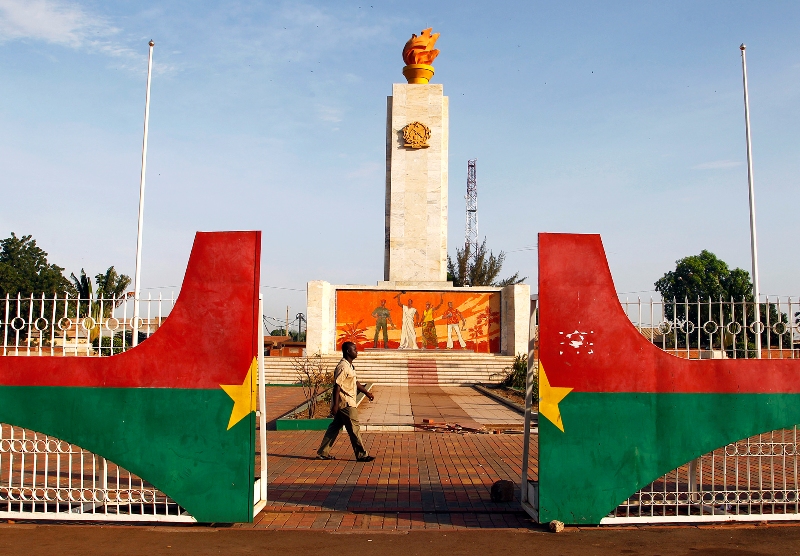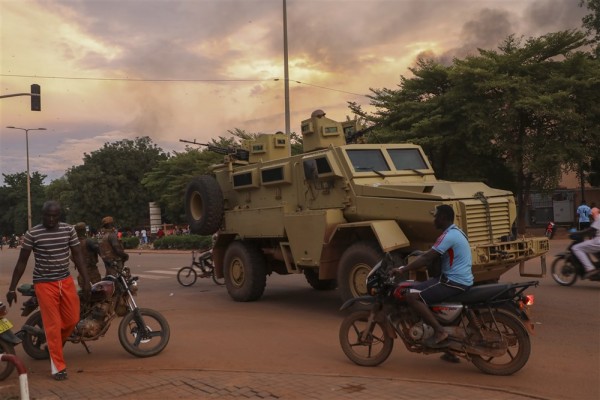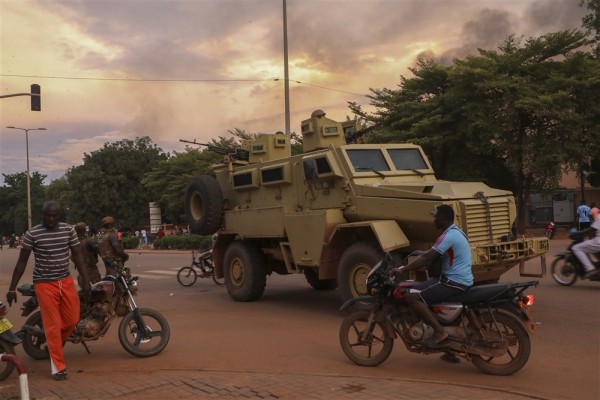The International Press Institute (IPI) today welcomed the African Court for Human and People’s Rights (ACHPR)’s decision to reopen the investigation into the death of Norbert Zongo, an investigative reporter killed nearly 17 years ago, and three companions killed with him.
The ACHPR ruled that the Burkina Faso government must search for the killers and oversee their prosecution in a case brought before the court by Zongo’s family. The judges also ruled that the government must pay lawyers’ fees and moral damages to the victims’ families, €38,000 to each of the victims’ spouses and €23,000 to each of their children.
The ruling is final, in that the ACHPR’s judgements cannot be appealed, according to its protocol.
“The court’s ruling reaffirms the importance of holding governments accountable for prosecuting those who would use violence to silence journalists,” IPI Director of Advocacy and Communications Steven M. Ellis said. “Now it remains for the government to carry out the court’s orders and bring Norbert Zongo’s killers to justice.”
Burkina Faso Minister of Justice and Human Rights Joséphine Ouédraogo said that the case was reopened in January, and she promised that the government will pay the reparation fees and use every means available to resolve the case.
Norbert Zongo was a publisher and editor of I’Indépendant in Burkina Faso. Before he was killed, Zongo had published articles criticising authorities and he had received death threats.
On Dec. 13, 1998, Zongo’s burnt body was found with those of his brother, another journalist and Zongo’s driver in a car about 100 kilometres from Ouagadougou, Burkina Faso’s capital.
At the time of his death, Zongo was investigating the death of David Ouédraogo, the driver for former President Blaise Compaoré’s brother and advisor, François. Zongo had published articles accusing François Compaoré of being responsible for the driver’s death.
Several suspects in Zongo’s killing were identified, but charges were dismissed against the main subject. In 2006, the Burkina Faso government closed the case, citing lack of evidence. Zongo’s murderers were never arrested, and one of the suspects was not questioned.
Zongo’s family and their lawyers continued trying to pursue justice, but different prosecutors and judges were assigned, and processing fees were returned to the family.
In 2011, Zongo’s widow Genevieve told her lawyers to take the case to the ACHPR. Burkina Faso argued that the Court, established in 2005, could not hear a case about an event that occurred in 1998, but the ACHPR rejected that claim.
Burkina Faso further argued that its government was not responsible for its inability to find the criminals, pointing out that the United States was never held accountable for its failure to find John F. Kennedy’s killers.
On March 8, 2014, the ACHPR ruled that the Burkina Faso government “failed obligations” by not finding and prosecuting Zongo’s murderers. The court ruled that the Burkina government had violated the Revised Treaty of the Economic Community of West African States, which states the government must “ensure respect for the rights of journalists” and promote press freedom.



